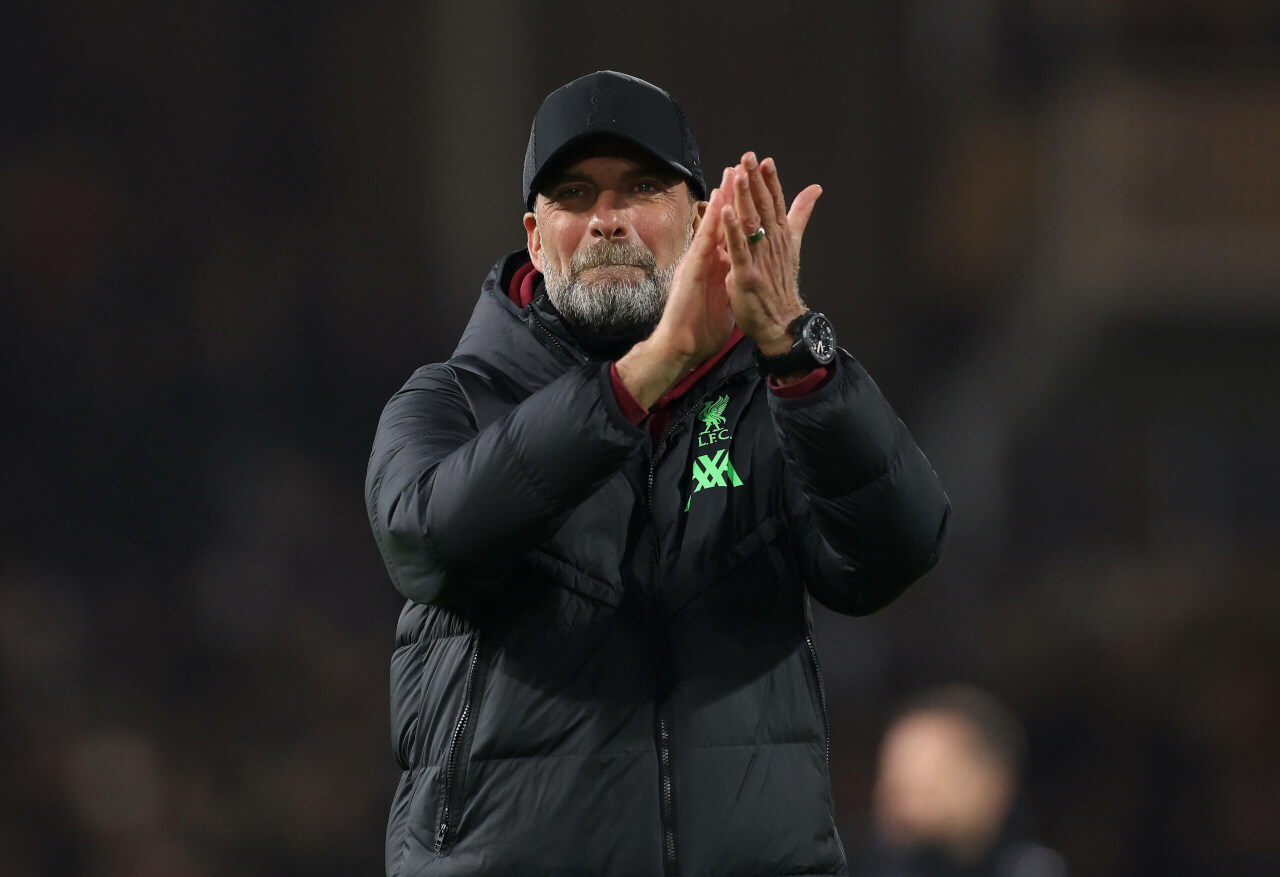Klopp’s Legacy and the Future Under Xabi Alonso: A Deep Dive
As Jurgen Klopp’s era at Liverpool comes to an end, the conversation about his legacy and who’s best to follow in his footsteps takes centre stage. Stan Collymore’s insights, shared with Genting Casino, offer a rich tapestry of opinions and facts that merit a closer look.
Jurgen Klopp: A Modern Legend
Jurgen Klopp, according to Collymore, rightfully earns his place as the third legend in the pantheon of Liverpool managers, trailing only behind the iconic figures of Bill Shankly and Bob Paisley. “Shankly created what is now Liverpool football club,” Collymore reflects, highlighting the foundational changes Shankly brought to the club, from its ethos to the iconic all-red kit. Paisley’s unparalleled success, with three European Cups and numerous league titles, sets a high benchmark that few could aspire to.
Klopp’s contribution is seen through the lens of transformation. Taking over a club that had lost its way, he not only rebuilt the team but also reinvigorated the fanbase and the club’s identity. “Klopp gets in front of Rafa Benitez and Kenny Dalglish because he oversaw a rebuild at Liverpool Football Club,” Collymore states, emphasizing the German’s impact.

The Klopp Effect: Rebooting Liverpool
Under Klopp, Liverpool experienced a renaissance, reminiscent of the Shankly era but tailored for the modern game. Collymore draws parallels between Klopp and Shankly, noting how both managed to galvanize the club and its supporters. Klopp’s tenure at Liverpool is marked by significant achievements, including a long-awaited Premier League title, Champions League glory, and domestic cup successes. This period of success has been described as Klopp being Shankly 2.0, rebooting Liverpool to its former glory and ensuring the team was competitive at the highest levels.
Xabi Alonso: The Heir Apparent?
Looking to the future, the discussion turns to who could possibly fill Klopp’s considerable shoes. Xabi Alonso, with his deep ties to the club and a burgeoning coaching career at Bayer Leverkusen, emerges as Collymore’s “obvious choice.” Alonso’s emotional connection with the club and its supporters, coupled with his contemporary success in Germany, positions him as a prime candidate. However, Collymore expresses concerns over the brand of football Alonso prefers, hinting at a departure from Klopp’s “rock and roll” style to a more possession-based game that might not resonate as well with fans.
Despite these concerns, Alonso’s understanding of the club and its culture, combined with his real-time achievements, make him a front-runner. Collymore cautions that while other names like Thomas Tuchel and Hansi Flick might be in the mix, the new manager must hit the ground running, given the high standards set by Klopp.
Conclusion: A New Chapter Awaits
Jurgen Klopp’s legacy at Liverpool is undisputed. He revitalized a sleeping giant, brought joy and silverware back to Anfield, and reminded everyone what it means to be a part of Liverpool Football Club. As his chapter closes, the club stands at a crossroads, with Xabi Alonso potentially at the helm, ready to steer Liverpool into its next era.
The transition from Klopp to his successor will be pivotal. Liverpool’s next manager will inherit not just a football team but a legacy of passion, expectation, and history. Whether Alonso is the man to carry this forward remains to be seen, but the conversation about his suitability, fuelled by insights from Stan Collymore, offers a fascinating glimpse into the potential future of one of football’s most storied clubs.
In giving credit where it’s due, Stan Collymore’s conversation with Genting Casino provides a comprehensive look into the past, present, and future of Liverpool Football Club, encapsulating the sentiments of a fanbase eagerly looking ahead.



